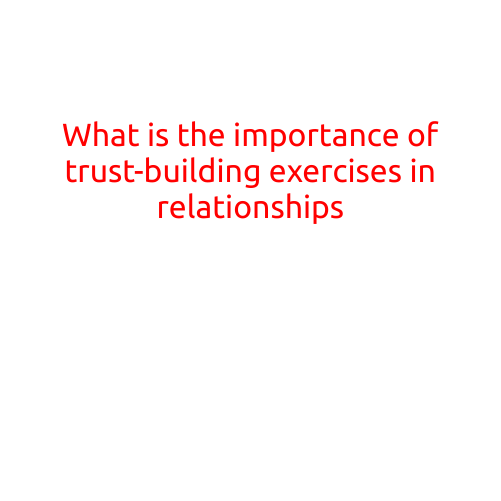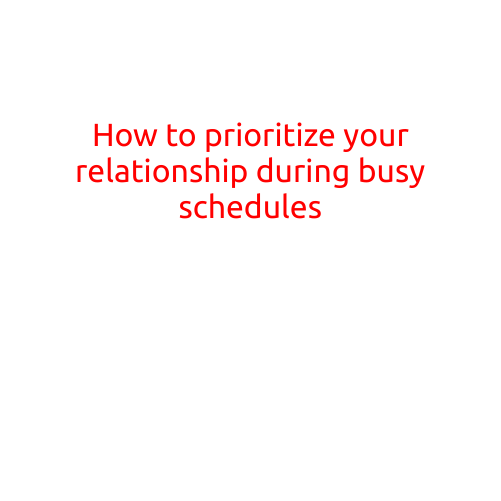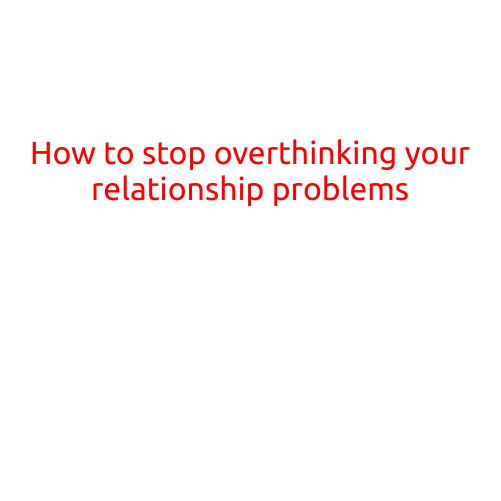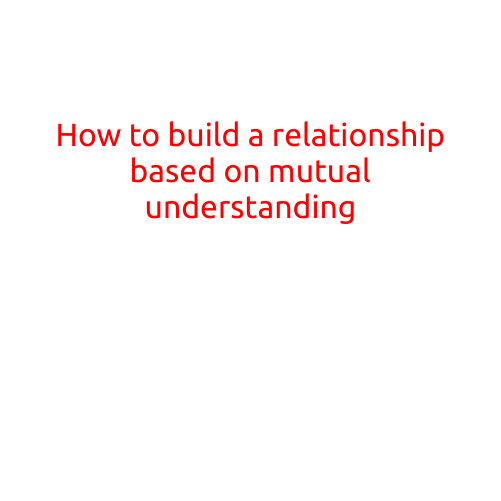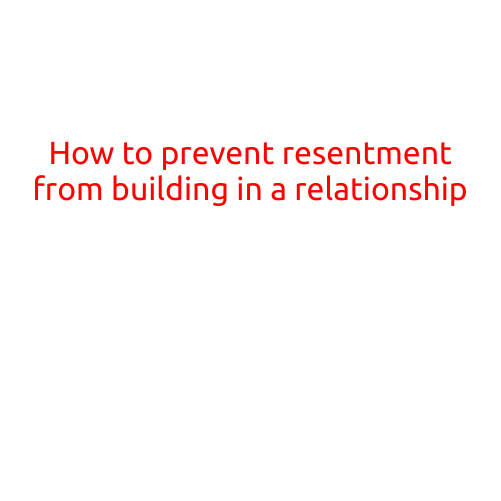
How to Prevent Resentment from Building in a Relationship
Resentment can be a silent killer of relationships. It can brew unnoticed, simmering just below the surface, until one day it boils over and wreaks havoc on the very fabric of your partnership. But the good news is that resentment is a preventable condition. By recognizing the warning signs and taking proactive steps to address the issues that can lead to resentment, you can maintain a healthy and happy relationship.
Recognizing the Warning Signs of Resentment
Before we dive into how to prevent resentment, let’s first recognize the warning signs of a relationship that’s at risk of being consumed by resentment:
- Unresolved conflicts that fester and intensify over time
- Feeling taken for granted or ignored
- Unrealistic expectations and unmet needs
- Unhealthy patterns of communication, such as constant criticism or blame
- Feeling trapped or suffocated in the relationship
The Top 5 Ways to Prevent Resentment from Building in a Relationship
Now that we’ve identified the warning signs, let’s move on to the top 5 ways to prevent resentment from building in your relationship:
1. Communicate Effectively
Effective communication is the foundation of any healthy relationship. It’s essential to communicate openly and honestly with your partner, sharing your thoughts, feelings, and needs in a respectful and non-judgmental manner. Make sure to listen actively and empathetically to your partner’s concerns as well.
2. Set Realistic Expectations
Unrealistic expectations can be a breeding ground for resentment. Establishing clear expectations and boundaries can help prevent frustration and disappointment. Be realistic about what you can and can’t accomplish, and communicate your expectations to your partner.
3. Practice Empathy and Understanding
Resentment thrives in environments of misunderstandings and miscommunications. Make an effort to put yourself in your partner’s shoes and understand their perspective. Practice empathy and understanding by actively listening to their concerns and validating their feelings.
4. Show Appreciation and Gratitude
Showing appreciation and gratitude can go a long way in preventing resentment. Take time to acknowledge and celebrate your partner’s efforts, no matter how small they may seem. Expressing gratitude can help strengthen your bond and foster a sense of mutual respect.
5. Practice Self-Care and Set Boundaries
Taking care of yourself and setting boundaries is essential for maintaining a healthy relationship. Make time for activities that nourish your mind, body, and soul, and communicate your needs and limitations to your partner. Setting boundaries can help prevent feelings of burnout, resentment, and frustration.
Conclusion
Resentment can be a silent killer of relationships, but by recognizing the warning signs and taking proactive steps to prevent it, you can maintain a healthy and happy partnership. By communicating effectively, setting realistic expectations, practicing empathy and understanding, showing appreciation and gratitude, and practicing self-care and setting boundaries, you can prevent resentment from building and cultivate a strong, loving connection with your partner.
